Iraq’s top Shiite cleric Grand Ayatollah Ali Sistani warned against targeting Iran’s leadership and said that the Iran-Israel war could plunge the whole region into chaos.
Sistani said in a statement Thursday that any targeting of Iran’s “supreme religious and political leadership” would have “dire consequences on the region”.
He warned that it could spark “widespread chaos that would exacerbate the suffering of its (the region’s) people and severely harm everyone’s interests”.
Sistani urged the international community to “make every effort to end this unjust war and find a peaceful solution” to Iran’s nuclear programme.
Sistani, an Iranian, is the highest religious authority for millions of Shiite Muslims in Iraq and around the world, with the power to mobilise a huge portion of that base in Iraq.
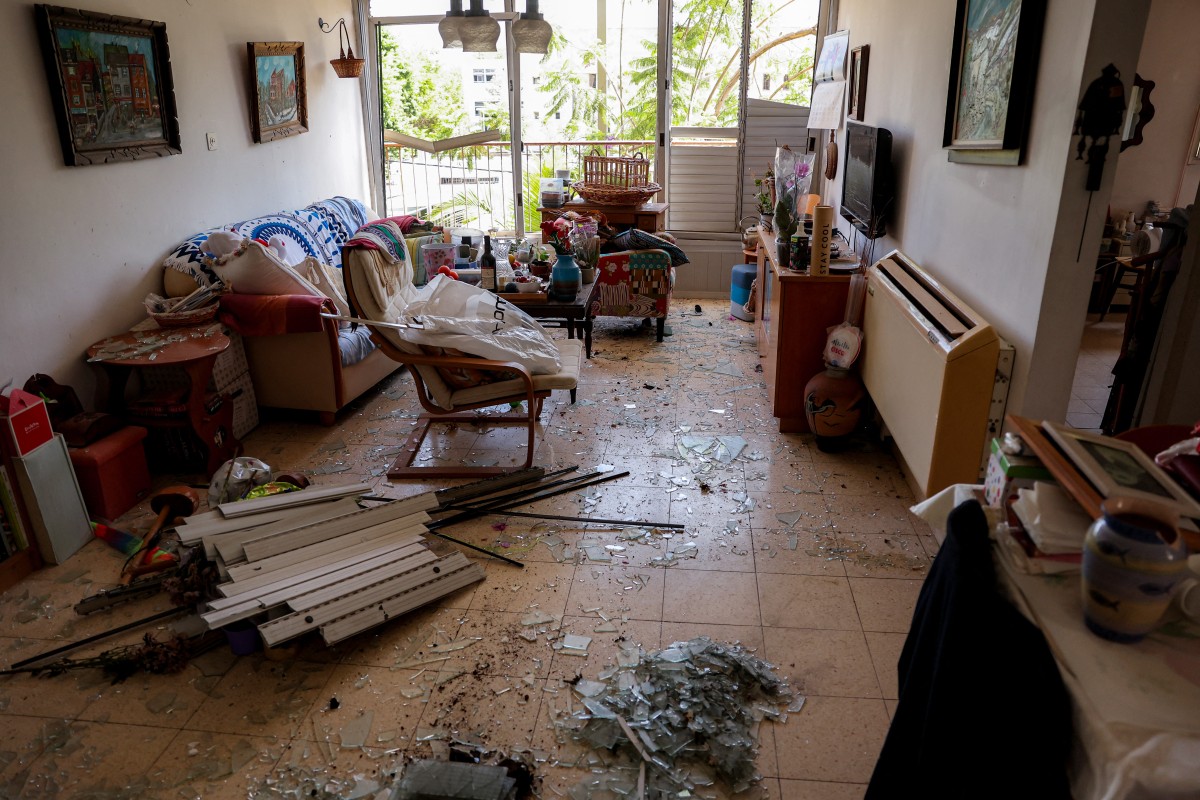
With warnings of all-out regional war intensifying following Israel’s surprise assault on Iran last week, fears are growing over an intervention by Iran-backed Iraqi factions, mostly against American interests in the region.
Despite his Iranian roots, Sistani is seen as an essential figure in Iraq’s recent history and has been known for pushing back against Tehran’s growing clout in the country.
Israel launched a devastating surprise attack on Friday targeting Iran’s military and nuclear sites and killing top commanders and scientists, saying it is acting to prevent Iran from obtaining a nuclear weapon, an ambition Tehran denies.
The assault has prompted Iran to retaliate with barrages of missiles on Israel.
Earlier this week, Israeli Prime Minister Benjamin Netanyahu did not rule out plans to assassinate Iran’s supreme leader Ayatollah Ali Khamenei, saying it would “end the conflict”.
US President Donald Trump had earlier said his country would not kill Khamenei “for now”, but demanded Tehran’s “unconditional surrender”.
Khamenei rejected Trump’s demand, as the US president warned he was weighing military action in the conflict.
Shiite Muslim clerics rallied late Wednesday, wearing military fatigues in southern Iraq, near the Iranian border. They held Iraqi and Iranian flags and shouted slogans condemning Israel’s attack.
In Lebanon, Iran-backed militant group Hezbollah warned against threatening Khamenei, describing it as “an act of recklessness and foolishness” that would have “grave consequences”.
It “constitutes an offence to hundreds of millions of believers”, added the group, which suffered heavy blows in its latest confrontation with Israel last year.
AFP

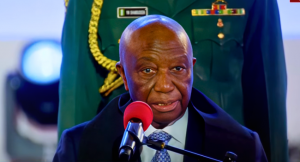


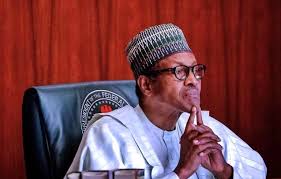



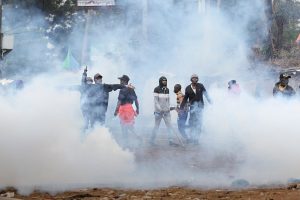










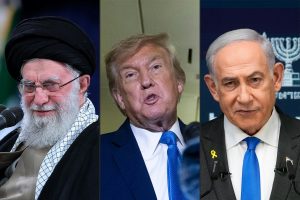
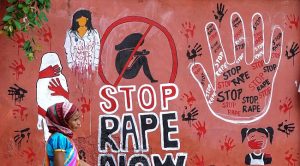
+ There are no comments
Add yours